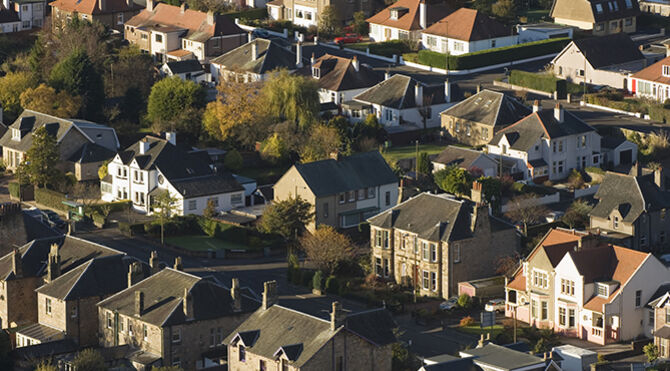Property prices see first June fall since 2009
Research by property website Rightmove, which is used by the majority of British estate agents, has shown that asking prices for homes in Britain have fallen for the first time since 2009.

Prices fall but sales surge
Across England and Wales, the average asking price in June stood at £316,109, more than £1,000 lower than the May figure, according to the analysis by Rightmove, whose listings site is used by about 90 per cent of British estate agents.The price fall represented the first seen in the month of June since 2009 – the height of the financial crisis – and was also the first monthly decline in asking prices recorded by Rightmove this year.Nevertheless, the property market has seen a surge in agreed sales during the month, particularly in the north of England. The number of sales agreed at this time of year was the second highest for ten years and only slightly lower than the record set in May 2014.Regional variations
Rightmove said that markets across the country were "performing at different speeds and levels" depending upon geography and sector, with the largest asking price falls recorded in London (-2.4 per cent) and SE England (-0.9 per cent). As these two regions account for a significant proportion of the total market, the figures have dragged down the national average.Meanwhile, the first-time buyer market has emerged as the fastest growing sector with prices for homes with up to two bedrooms surging 3.5 per cent month-on-month and 5.5 per cent on the year.Related news:
- House price rises predicted to run ahead of wage growth
- Halifax confirms UK housing market is stuttering
- Edinburgh most 'in-demand' area for UK property
Political uncertainty 'to continue'
Miles Shipside, Rightmoves director, commented, “It now seems certain that we will have continuing political uncertainty, which the housing market traditionally dislikes, and with the first fall in June prices for eight years there is no doubt that the lack of stability is a factor."The price of property coming to the market had increased in June in every year since 2009, so buyer confidence has clearly been affected by inflation outstripping their pay packets and current political events. However, demand is still high and markets in some parts of the country seem to be getting used to coping with instability and are still strong."The high levels of sales being agreed show that the underlying fundamentals are largely unchanged with high first-time buyer demand which drives movement higher up the ladder, all aided by the cheap cost of borrowing.“The swingometer may be leaning towards a buyers’ market in some parts of the country, having been given another tilt in that direction by political uncertainty, but demand for housing and lack of buyer choice are maintaining a sellers’ market in others."London and its commuter belt are proving to be a drag on the national figures, but are currently counter-balanced by continuing momentum in other parts of the country."Markets traditionally slow in the second half of the year, and with a slowing in the pace of asking price rises and the forthcoming months of political and economic confusion, the usual slower market in the second half of the year seems to be one of the few certainties in 2017."Having said that, the historic under-supply of the right property at the right price and ongoing strong housing demand are evidenced by buyer enquiries to agents picking up to a degree after the surprise election result. They were three per cent higher on the Monday after the election than the Monday before, showing that people are getting on with addressing their housing needs.”For related news and features, visit our Residential Property section.Access hundreds of global services and suppliers in our Online Directory Get access to our free Global Mobility Toolkit
Get access to our free Global Mobility Toolkit 
©2024 Re:locate magazine, published by Profile Locations, Spray Hill, Hastings Road, Lamberhurst, Kent TN3 8JB. All rights reserved. This publication (or any part thereof) may not be reproduced in any form without the prior written permission of Profile Locations. Profile Locations accepts no liability for the accuracy of the contents or any opinions expressed herein.




























